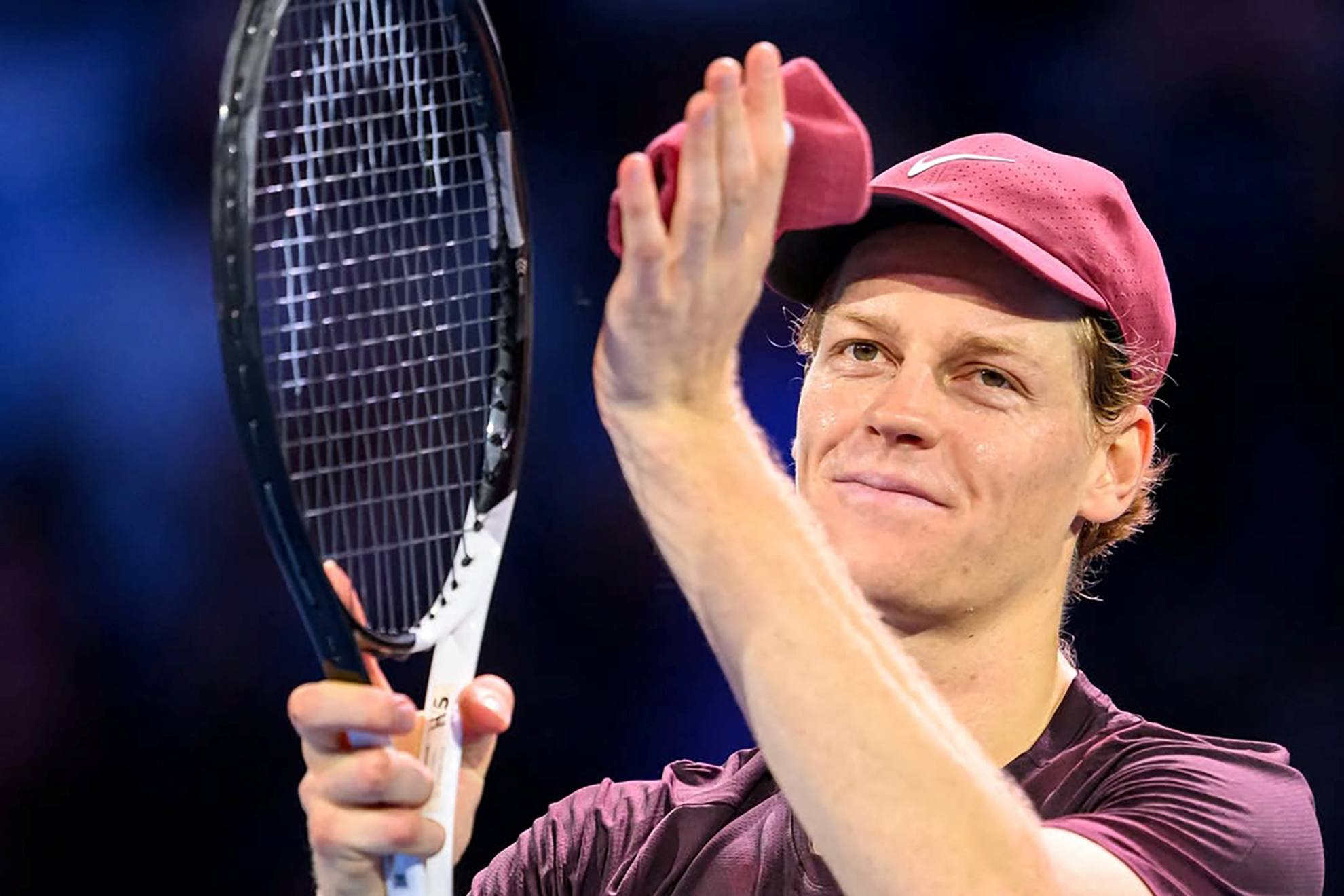Jannik Sinner played for the title at the Vienna tennis tournament on Sunday. The Italian faced Alexander Zverev in the grand final. Both players delivered an impressive week of flawless matches that thrilled fans. However, viewers expressed frustration with Austrian television for focusing too much on the stands instead of the court.
Social media quickly became a platform for Sinner’s fans to voice their concerns. They appreciated his skill and calm performance but criticized the broadcast for its constant attention to the audience rather than the match. Fans wanted to see Sinner’s game, not repeated shots from the crowd.
An unusual TV focus
According to Mundo Deportivo, the broadcast repeatedly highlighted a young woman in the audience: model Laila Hasanovic, reportedly Sinner’s girlfriend. Fans shared comments expressing their irritation: “We are tired of seeing her, and we don’t even like it,” and “Stop focusing on her, we want to see Jannik.” The criticism peaked after Sinner’s semifinal match against Alex de Miñaur.
🥕 “Basta con Laila, vogliamo vedere carotino”: tifosi di #Sinner si ribellano sui social contro la regia del torneo di Vienna https://t.co/dDUBmKkWr9
— Corriere dello Sport (@CorSport) October 25, 2025
Hasanovic’s presence in the media is not new. Italian press has discussed her relationship with Sinner for months. Born in Copenhagen, Hasanovic started her modeling career at a young age. She represented Denmark in Miss Universe 2019, gaining international recognition before her connection to Sinner made her a frequent subject of tennis coverage.
Fans argue that excessive focus on Hasanovic distracts from the sporting spectacle. They believe the television coverage should prioritize Sinner’s performance, highlighting key shots, rallies, and strategies instead of audience reactions. The criticism underscores the growing expectation that broadcasts respect the integrity of professional tennis while minimizing personal distractions.
Despite the controversy, Sinner’s talent continues to captivate viewers. Fans hope that future broadcasts will place greater emphasis on the game itself, ensuring that the spotlight remains on the athlete’s skill, not the spectators in the stands.
The Vienna final serves as a reminder that, while personal stories can engage audiences, tennis enthusiasts demand coverage that celebrates performance, not off-court attention. Austrian television now faces pressure to adjust its focus and meet fans’ expectations.





